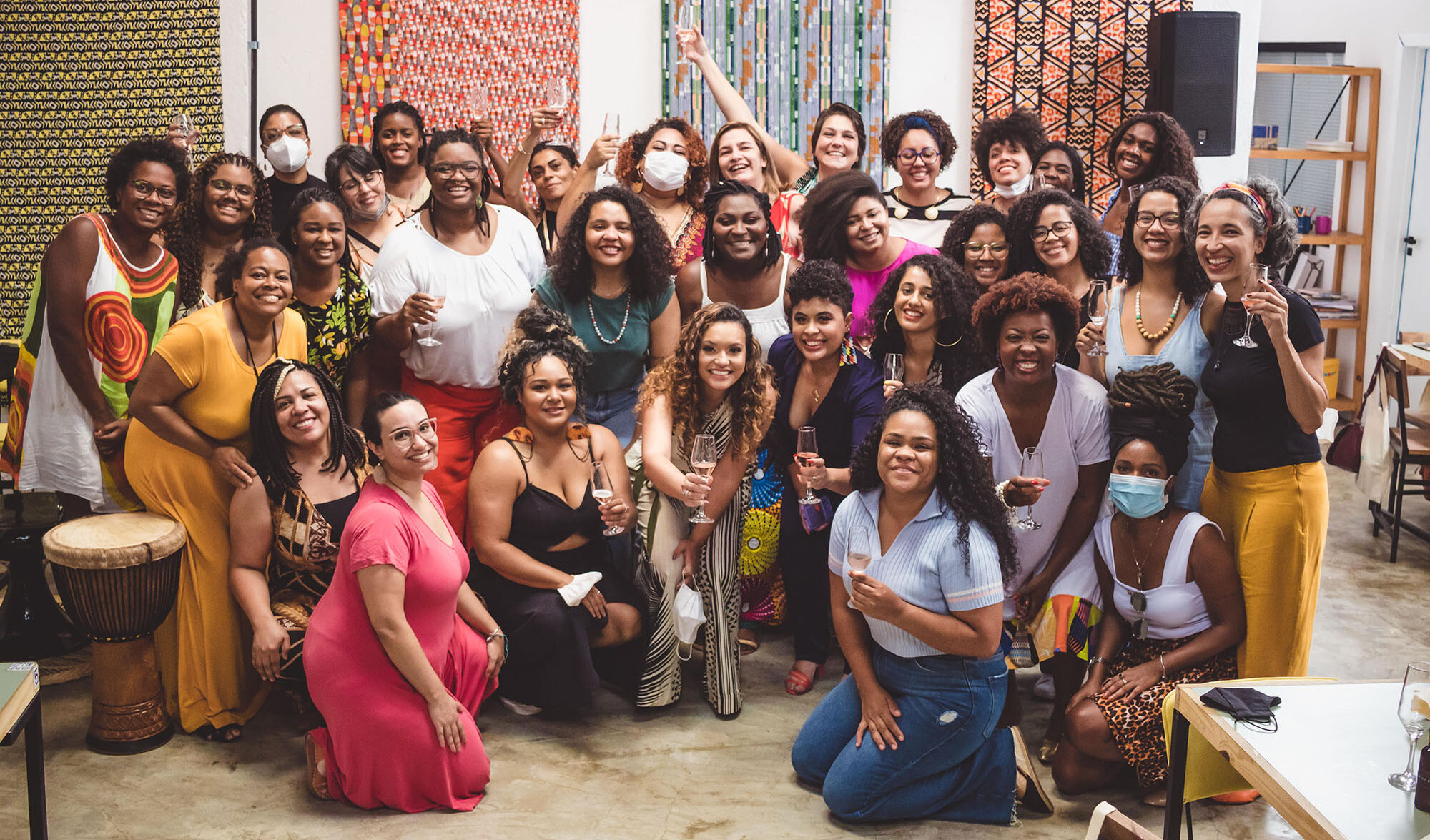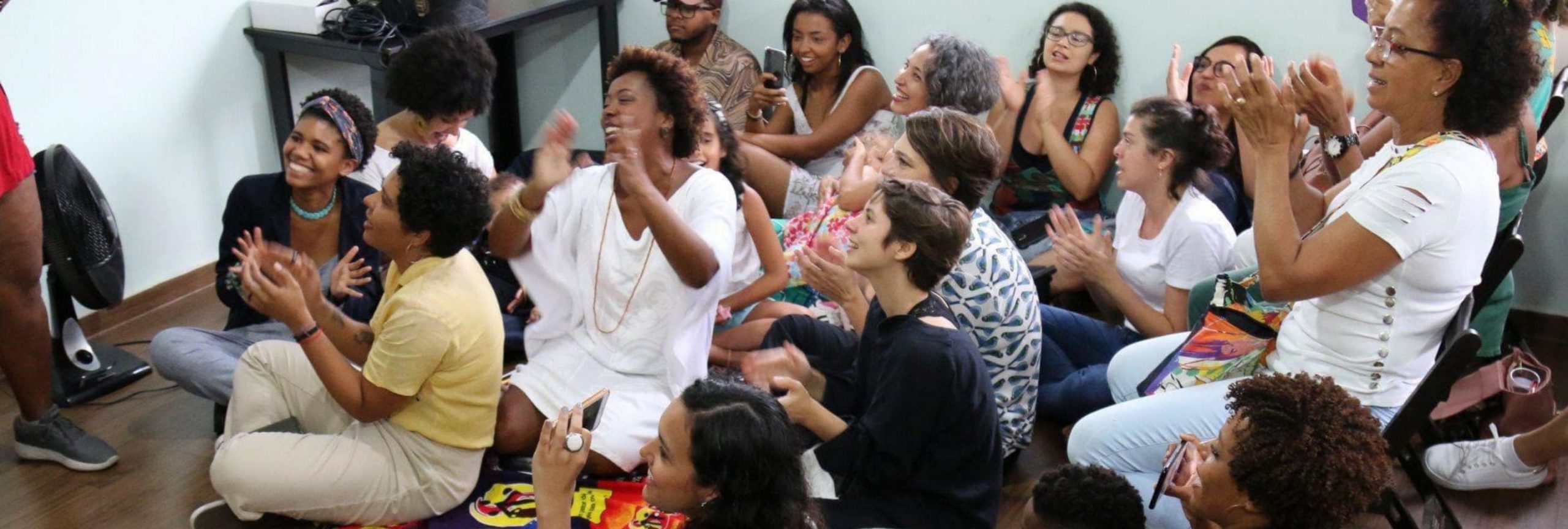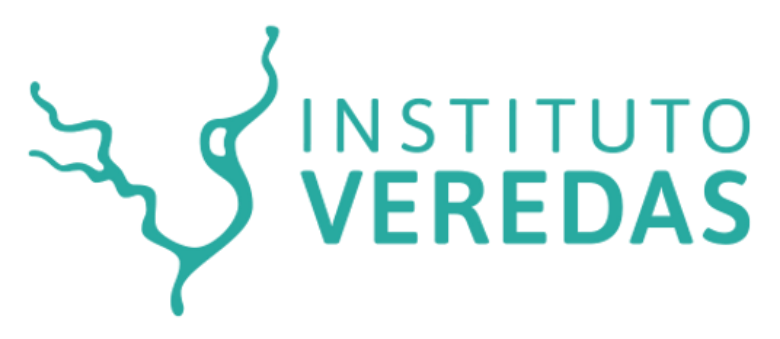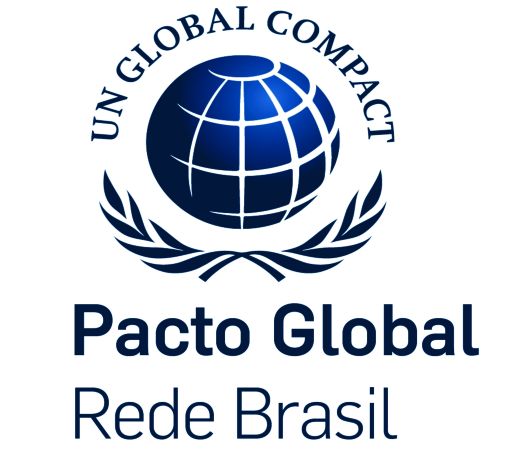

We develop partnerships with a focus
on impacting public policy
and innovation in mental health


Our main strategy is
to focus on two areas:
Grant-making
We have our own philanthropic budget and receive third-party donations to finance projects, programmes and various initiatives that are strategic to build and offer solutions and tools in mental health prevention and promotion, especially those geared to adolescents and women.
Alongside with the financed projects, we identify, systematize and multiply best practices within the ecosystem. We map and fund projects that have a structural impact on mental health, such as the training and development of human resources, the development and scale of community interventions, as well as the generation of evidence of research and innovation in mental health.
Advocacy
We formulate, implement, assess and monitor public policies and laws, advocating to position mental health in the center of the Brazilian political agenda. We also work alongside governments to create tools and solutions that will help promote a better quality of care in the Brazilian public healthcare system.
With actions focused on educating, raising awareness and bringing together others around the cause, our communication efforts are to guide the public and political debate, to reduce stigma, and to build a more empathic narrative around mental health in Brazil. We establish partnerships with civil society, as well as the private & public sectors to strengthen the ecosystem around mental health.
READ ABOUT OUR PROJECTS


Target Groups

We understand that there is no ”one size fits all” type of approach when it comes to mental health, just as there is no single solution that works for everyone or that takes care of all complexity in the field. Therefore, our approach to mental health entails the incorporation of a “magnifying glass”, in the sense of always segmenting our work, which allows us to take a more assertive approach to each and every group, by taking into account their own characteristics, backgrounds and vulnerabilities.
Given the impossibility of tackling all groups at once in effective and consistent ways, we chose adolescents e women as our target groups, as further explained below. This choice illustrates how a careful, empathetic and targeted approach can be effective when it comes to building assertive solutions in mental health.
Adolescents e women are important vectors of change in society. The former are the leaders of this and of the next generations. The latter are the majority of middle school teachers, frontline healthcare and social workers, as well as are the main caretakers in their own households and communities. Both groups are of great importance and have, at best, received only partial attention in the country when it comes to mental health.

Building ecosystems
We foster the creation of ecosystems that engage the civil society, academia, the public and private sectors, and we bring the voices and expertise of a diverse set of partners and stakeholders in order to shape public policies.
We strengthen the mental health ecosystem in Brazil through our association to other national and international civil society organizations, partnerships with research institutes linked to universities and other arrangements, as long as they do not conflict with our political and economic independence. In this sense, we integrate some national and international networks:

UN SDGs
At Instituto Cactus, we are particularly focused on three of the Sustainable Development Goals (SDGs) of the 2030 Agenda, which aim to achieve a healthy, equitable, educated and empowered global population by the end of this decade. These are:

Aimed at health and well-being, requiring the reduction of the burden of mental disorders and deaths by suicide. This SDG proposes integrated goals that address the promotion of health and well-being as essential factors to fostering human capabilities.
Seeks compensation in terms of education and labour market opportunities, as well as gender equality and empowerment for all women and girls as they disproportionately suffer from the negative consequences of common mental disorders, strongly associated with female experiences of violence and unequal opportunities.
Proposes the strengthening of ecosystems, technology transfer, exchange of data and human capital, as well as mutual support between organizations and different social sectors.
Because mental health is so closely related and intertwined with so many other social issues, we also support other SDGs such as better education, no poverty, reduction of inequalities, among others.
Women
The prevalence of mental health conditions is higher in women when compared to men, and this goes far beyond a biological perspective. According to the WHO (World Health Organization), gender implies different susceptibilities and exposures to specific mental health risks, due to different biological processes and social relationships. Being born a woman permeates roles, behaviours, activities and opportunities that determine what women experience throughout life and, therefore, establishes experiences that are structurally different from those experienced by men.
One in five women experience common mental disorders and the rate of depression is, on average, more than twice the rate among men. Physical and mental work overload are identified as some of the main risk factors for psychological suffering: in groups with high domestic overload, for example, the number of women with common mental disorders goes up to one in two women. These numbers are also reflected on the rates of suicide attempts: women are twice as likely to attempt a suicide, when compared to men.
We believe that to duly approach women’s mental health we need to increasingly take into consideration all physical, psychological and social issues related to gender. Eating disorders, for example, are important causes of morbidity and mortality among young women and need to be discussed in light of the physical standards imposed by the media and the beauty industry. In addition, women can experience mental disorders associated with pregnancy, abortion, postpartum and menopause, including the after-effects of medical and obstetric violence.

Adolescents
Adolescence is a period full of psychosocial changes and it is also when most of the identity forms and numerous changes in the anatomy, physiology, social environment and sexuality takes place. Nevertheless, it remains as an invisible and neglected phase, which may generate stigma and negative impacts on their quality of life that will be carried into adulthood, potentially harming their productivity, their social relationships and their overall mental health.
Adolescents are often misunderstood and mislabelled as inconsequential and rebels without a cause, which underestimates the obstacles they have to go through and minimizes the suffering caused by sexual and domestic violence, bullying, among other challenges they face. All those negative stereotypes can also have drastic impacts in the lives of those who are seen as the “future of the nation”, such as the abuse of substances, mental illnesses, negative repercussions in interpersonal relationships and the engagement in risky behaviours.
According to the report “Caminhos em Saúde Mental” (Pathways in Mental Health):
illnesses begin
by the age of
age of
of cases,
or untreated


















